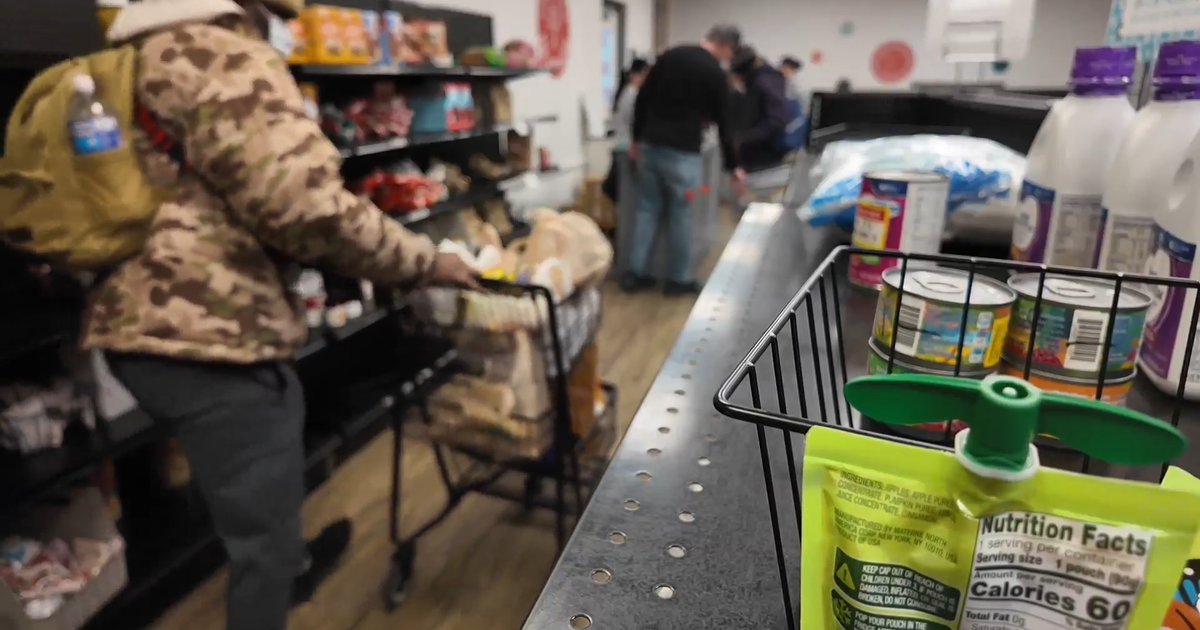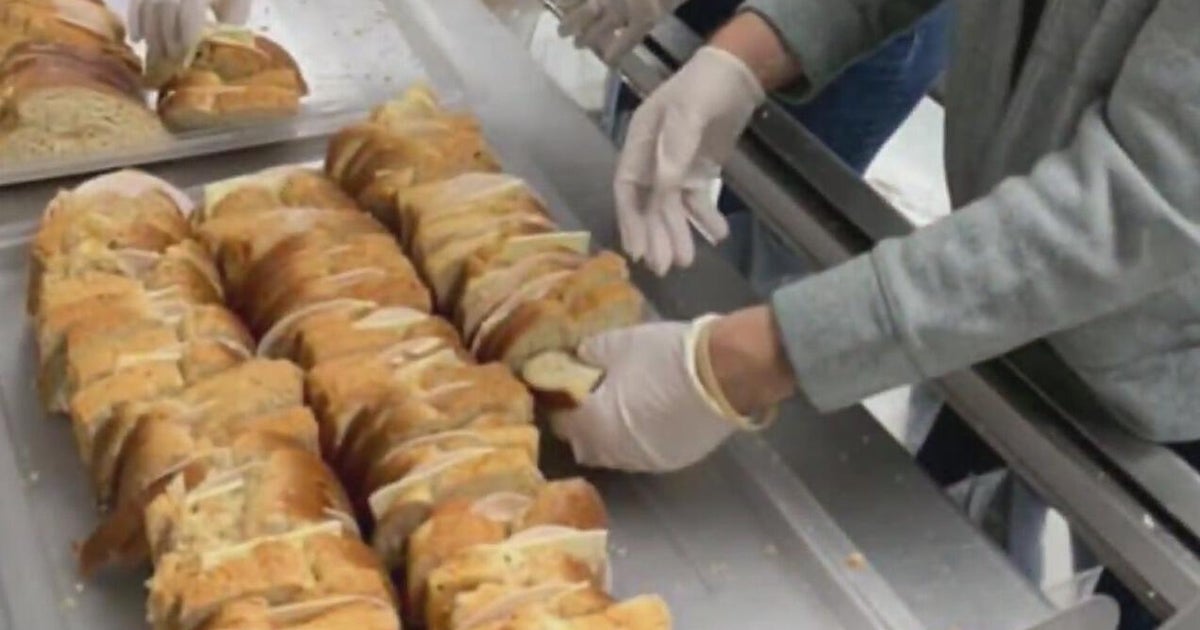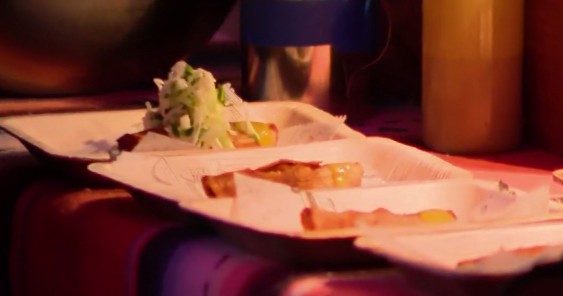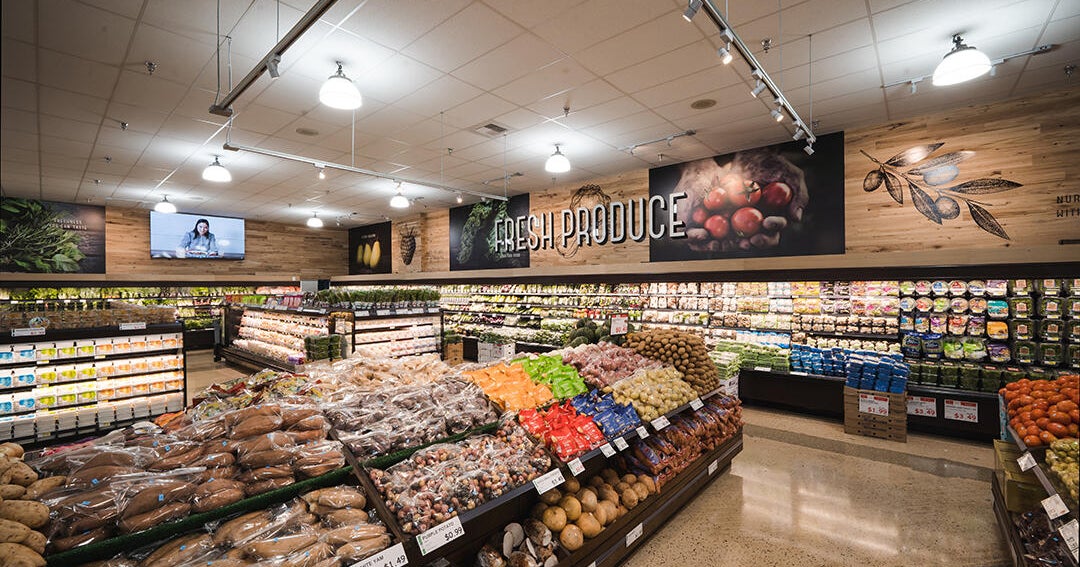Food scraps to be turned into renewable energy on Long Island
YAPHANK, N.Y. -- It's Earth Week and green energy is on its way to Long Island.
As CBS2's Jennifer McLogan reported Wednesday, food scraps from restaurants, schools, and grocery stores will soon be turned into renewable bio gas.
The Mill House Inn in Yaphank is saving its leftovers for a unique venture, and patrons are on board with their leftovers, too.
"I think it's great. Why waste it?" patron Deb Bonanno said.
Down the road from the soon-to-be closed Brookhaven Town Landfill and not far from composting and mulch sites, there was a groundbreaking for the East Coast's largest anaerobic digester.
"This is a project called the anaerobic digester. All that means is a tank with no air in it," said Joanna Underwood of Energy Vision.
It eliminates harmful methane by enclosing and then converting and processing oils and food waste and turning it all into clean energy.
"It's going to help fight climate change. It's going to improve community conditions, and it's going to finally recycle food waste," said Adrienne Esposito of the Citizens Campaign for the Environment.
Food and oils break down into a slurry that becomes renewable natural gas. It took 10 years to achieve, an Earth Week celebration for the company American Organic Energy.
"We are going to take that waste in a scientifically designed sealed facility. We are going extract the gas that is so polluting to create clean renewable energy," said Charles Vigliotti, CEO of American Organic Energy.
The process will help cut back on some of the major truck traffic hauling away our waste to other states.
"This moves us, I would say, into the 21st century in a leadership role in the country," Suffolk County Executive Steve Bellone said.
Composting and landfill sites have tangled with Yaphank residents over fumes and dust. The digester is designed to eliminate those concerns.
"If it's good for the environment and if it limits the waste in Brookhaven, especially in this area, it would be a good thing," homeowner Garrett Comanzo said.
"It will reduce the amount of waste in the landfill and add energy to the grid," said Carleton Stewart of the Brookhaven Village Association.
The food scrap renewable energy plant will eventually help power thousands of homes in the area.
There are only twelve of the anaerobic digester machines in the nation. The digester can also process food waste into organic compost and fertilizer.








